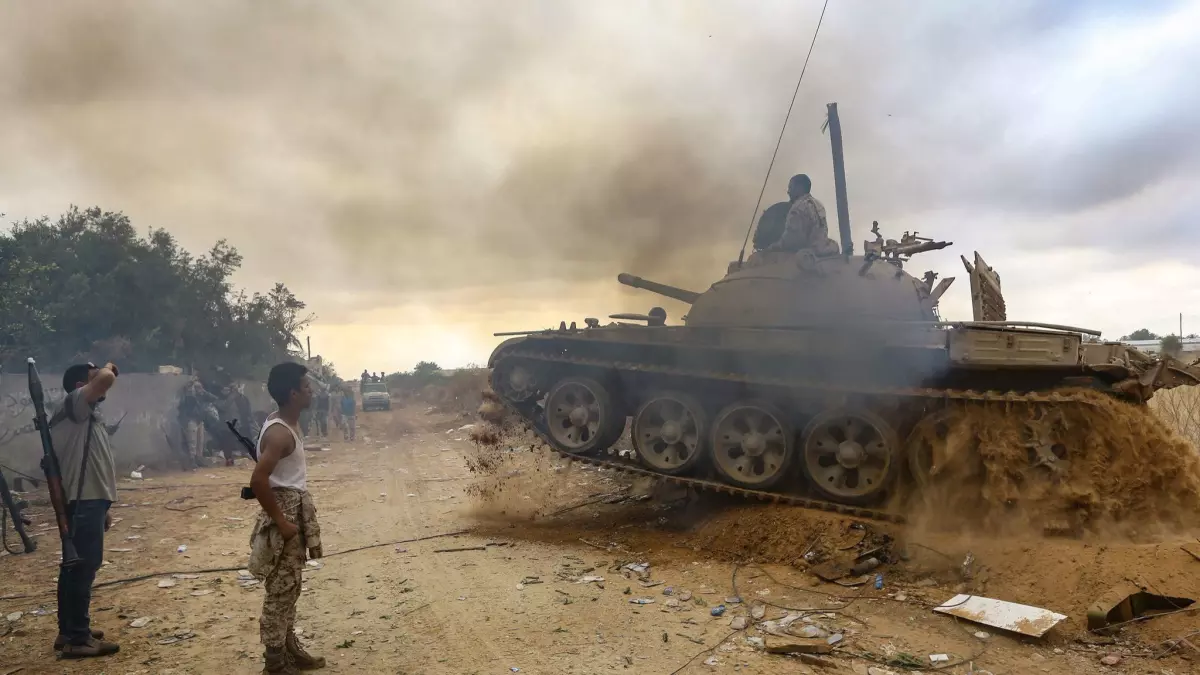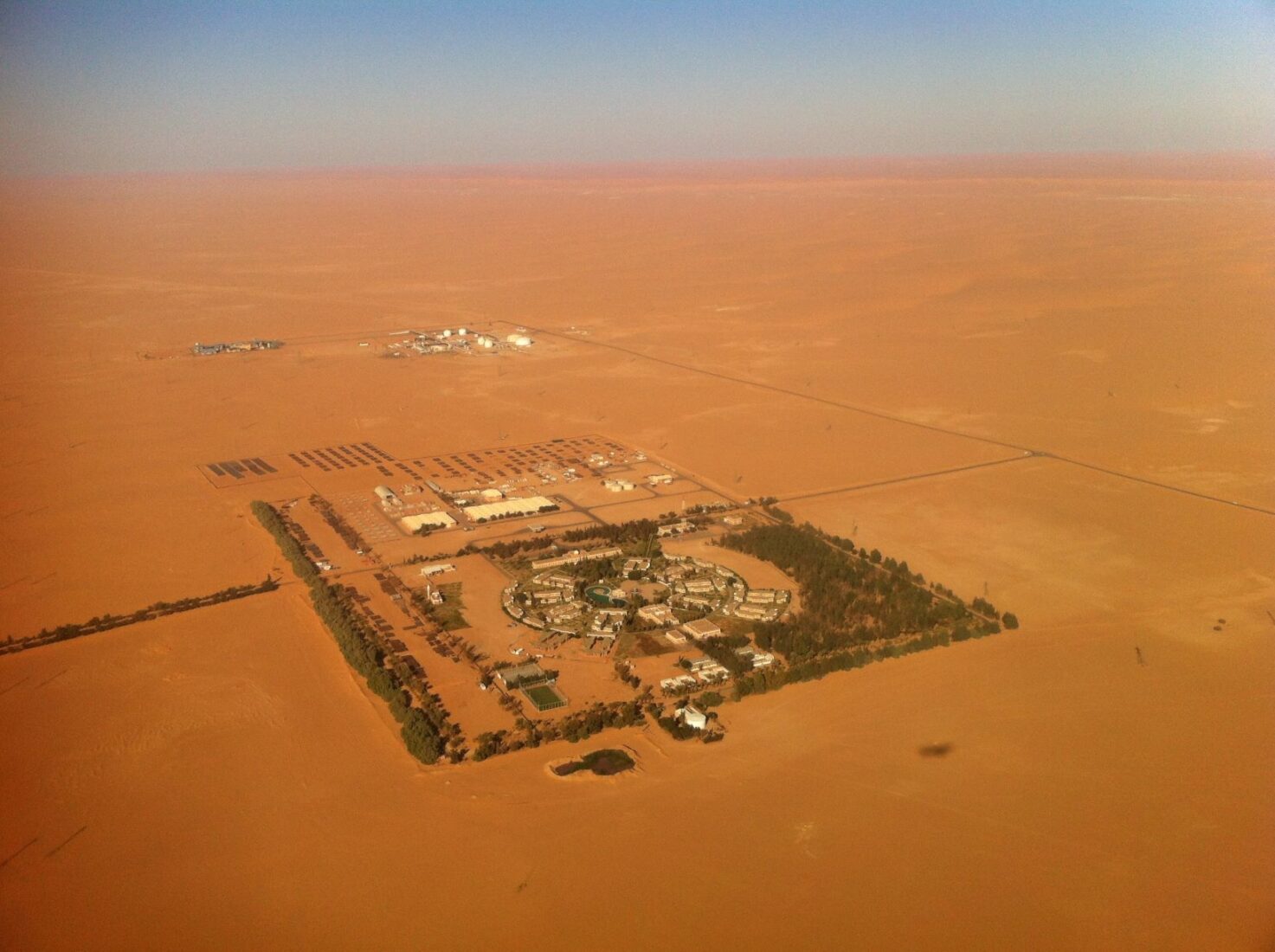Libya’s escalating instability: UN envoy warns of dire consequences
 Libya on the map. (Photo via Anadolu Agency)
Libya on the map. (Photo via Anadolu Agency)
The ongoing political, military and security situation in Libya has significantly worsened over the past two months, according to Stephanie Khoury, the top United Nations deputy representative in the U.N. Support Mission in Libya (UNSMIL).
In a briefing to the U.N. Security Council on Tuesday, Khoury issued a stark warning: Without renewed political discussions leading to the establishment of a unified government and the holding of elections, Libya faces the prospect of even greater instability.
Rising tensions and unilateral military actions
Khoury pointed to a series of recent confrontations that have exacerbated tensions in the country. On Aug. 9, the Libyan National Army (LNA) moved toward the southwestern parts of Libya, prompting a mobilization of forces in the west and raising concerns in neighboring Algeria.
Similarly, on July 23, forces affiliated with the Government of National Unity moved westward, leading to a counter-mobilization by the Libyan National Army. These unilateral military actions have further deepened the divisions between rival factions, complicating efforts to reach a negotiated political solution.

Khoury stressed that “unilateral acts by Libyan political, military, and security actors have increased tension, further entrenched institutional and political divisions, and complicated efforts for a negotiated political solution.”
Economic instability and oil production disruptions
The political landscape in Libya remains highly volatile. On Aug. 14, armed groups mobilized over reports of an armed takeover attempt at the Central Bank. Although the situation was defused by the following morning, the tension underscores the ongoing crisis fueled by perceptions that the Central Bank is favoring spending in the east over the west.
Khoury also noted the ongoing dispute over the results of the vote for president of the High Council of State, with a potential one-vote difference leaving the outcome contested.
This uncertainty has led to the suspension of voting for the seats of vice presidents and rapporteur. Khoury urged all parties to adhere to the commitments made in the Libyan political agreement and its amendments, calling on the High Council of State to swiftly resolve the deadlock.

The shutdown has been attributed to putschist Gen. Khalifa Haftar’s retaliation against a Spanish company involved in the joint venture operating Sharara, following an arrest warrant issued by Spanish authorities accusing him of arms smuggling.
Political maneuvers and increasing division
In another display of the deepening divide, some members of the east-based House of Representatives met in Benghazi on Aug. 13 and voted to end the mandate of the Government of National Unity and the Presidency Council in the west.
They also voted to transfer the role of Supreme Commander of the Armed Forces to the speaker of the House of Representatives, endorsing their designated government in the east as the “only legitimate executive.” These actions were immediately rejected by leaders in the west, further exacerbating the political stalemate.
Call for renewed political talks
Khoury’s message to the Security Council was clear: the status quo is untenable. “In the absence of renewed political talks leading to a unified government and elections, you see where this is heading – greater financial and security instability, entrenched political and territorial divisions, and greater domestic and regional instability,” she warned.
The U.N. political mission in Libya is currently focused on deescalating tensions, with Khoury proposing talks as an initial step.



